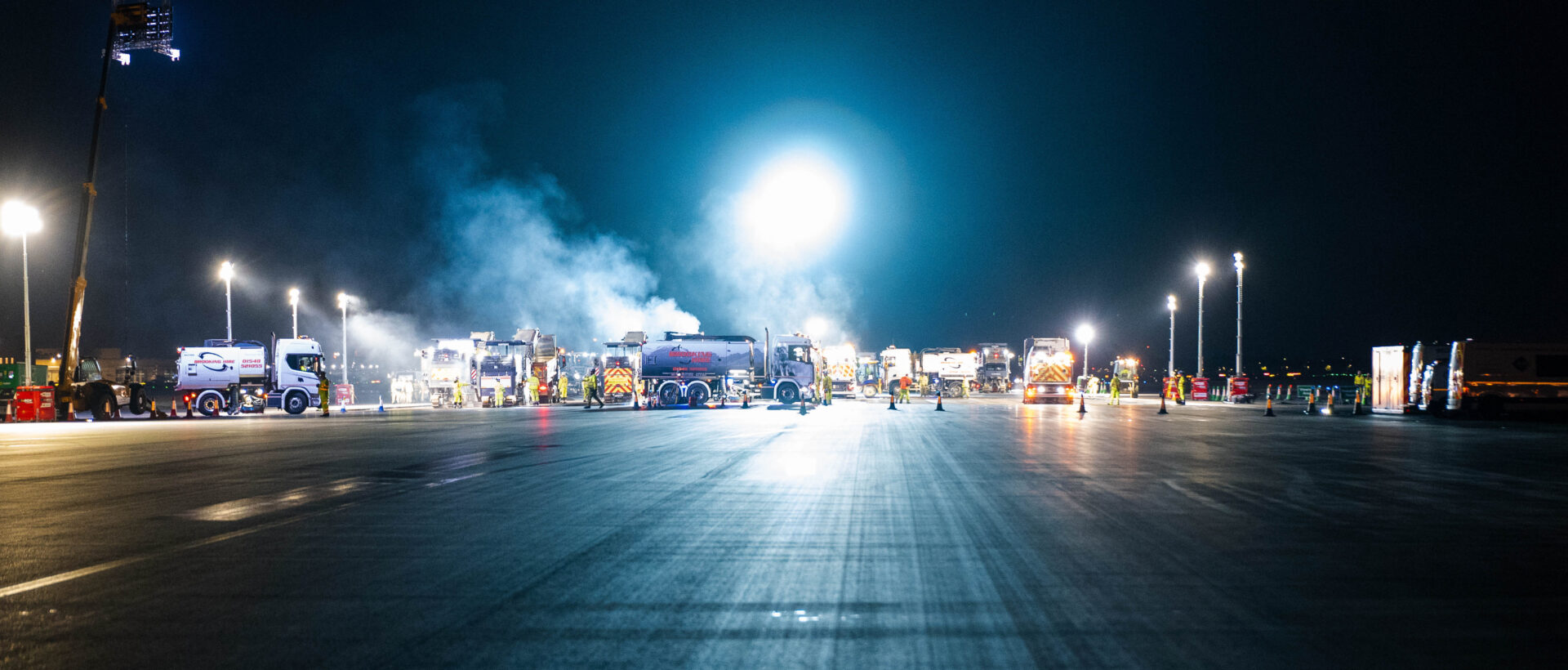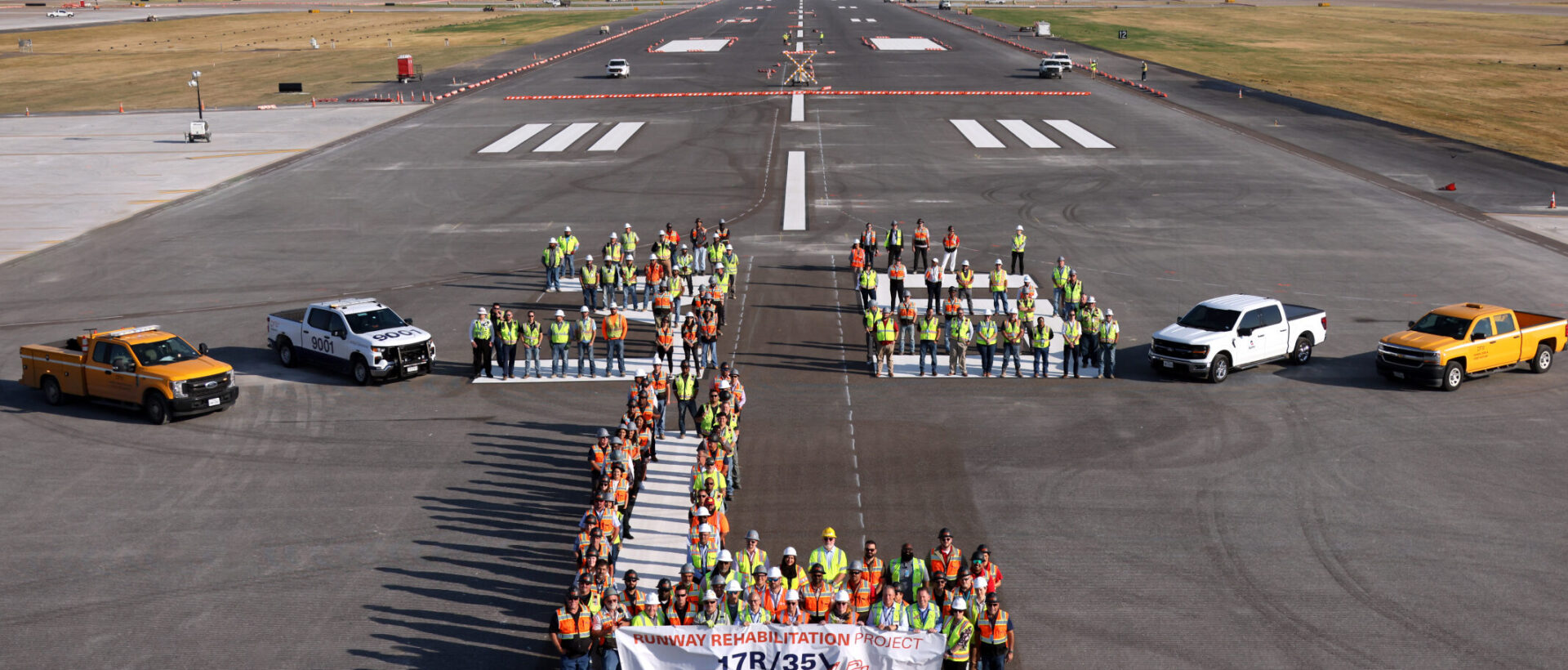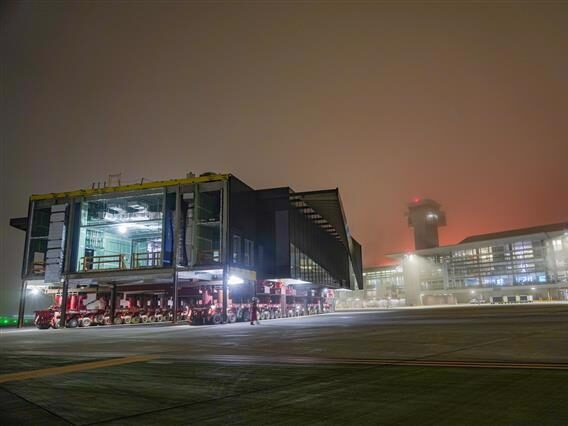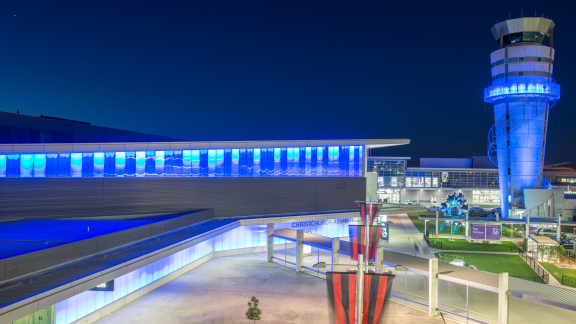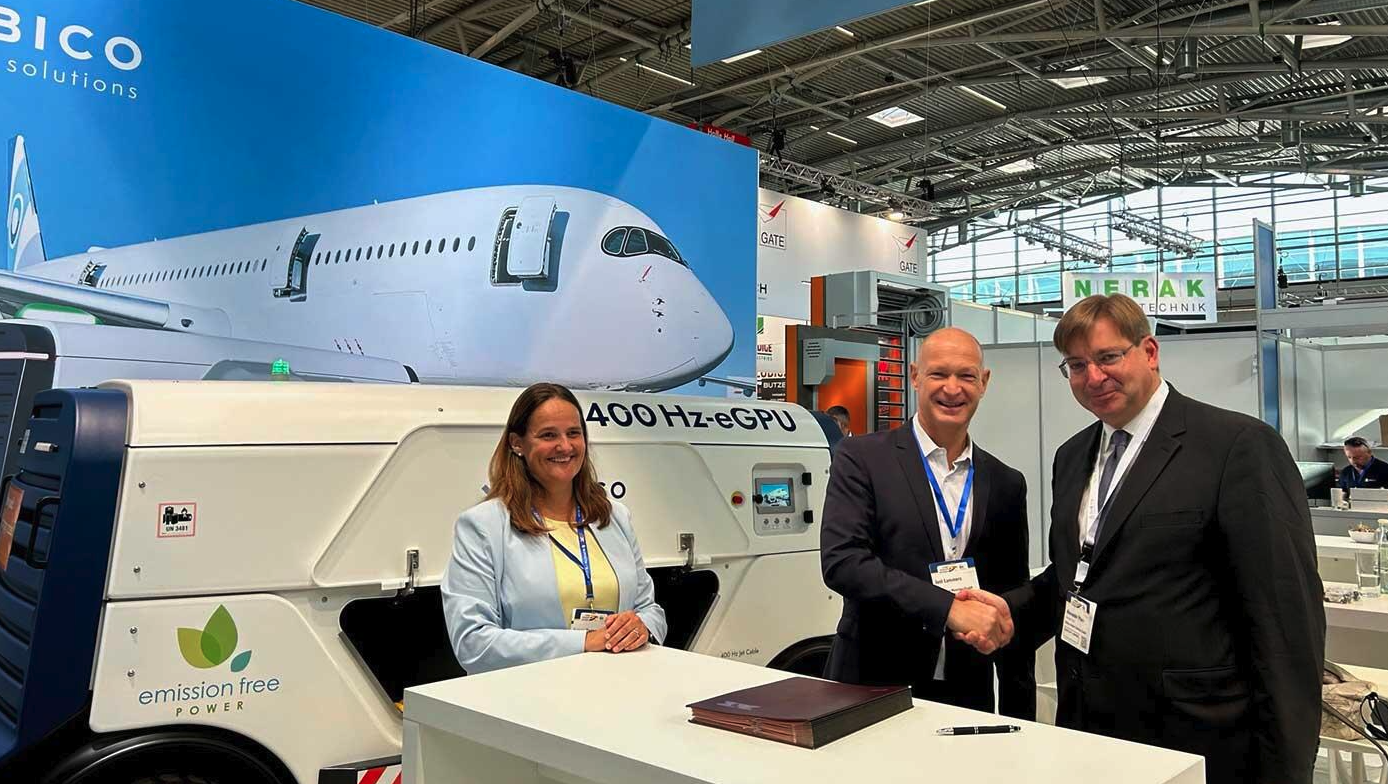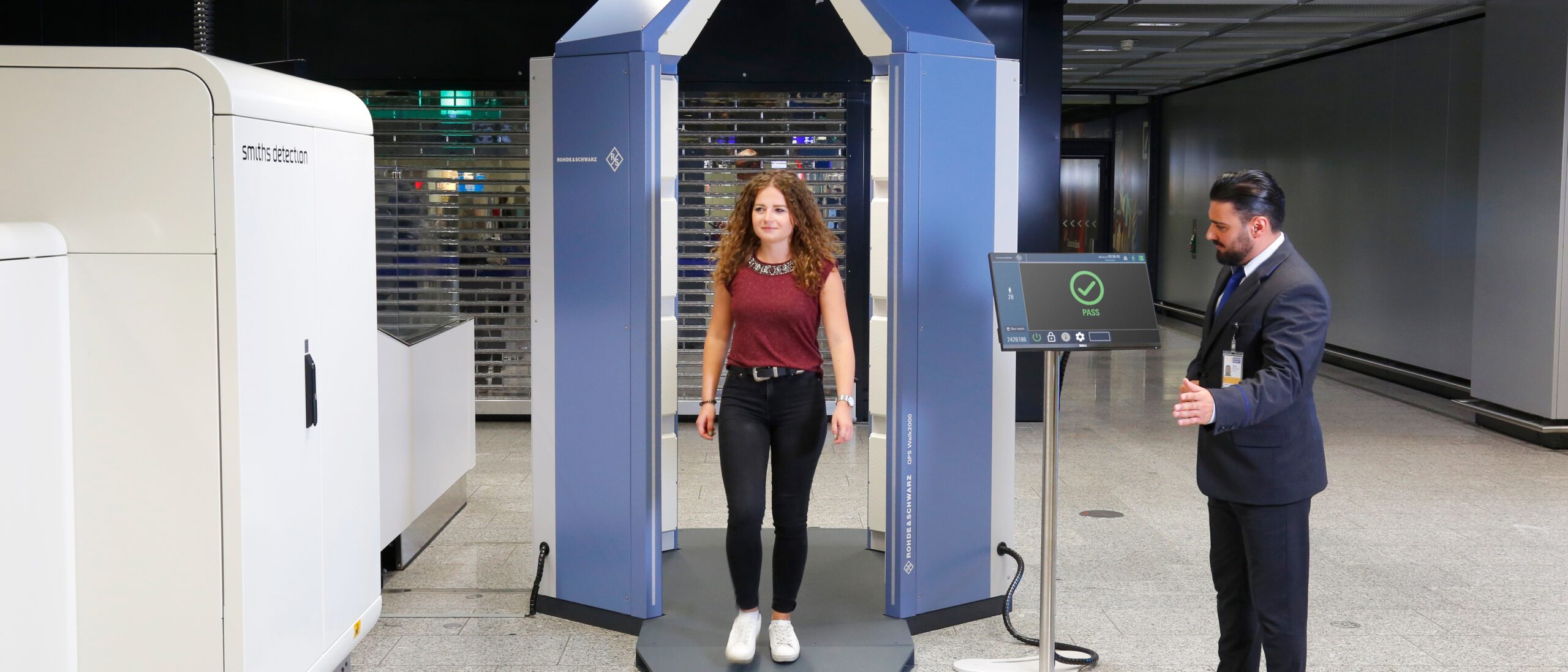Airport operator Fraport is converting fleet vehicles at Frankfurt Airport (FRA) to act as electric mobile storage units, utilising energy from dormant electric vehicles to power its charging infrastructure.
The bi-directional charging concept, which is being funded by the Federal Ministry for Economic Affairs and Climate Protection (BMWK), aims to reverse the flow of electricity from electric vehicle chargers to support the grid.
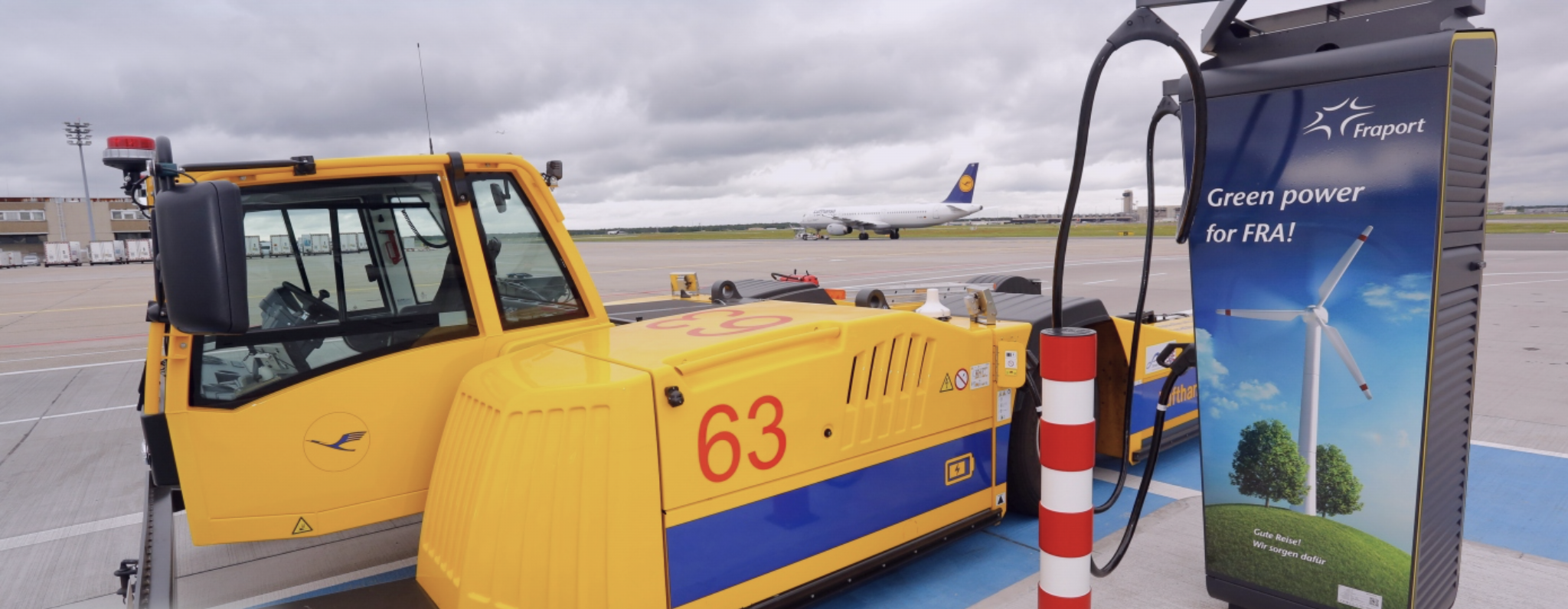
Over the next four years, the Ministry will contribute around five million EUR for this project, with Fraoport itself investing a further 4.1 million EUR.
Michael Kuschel, Head of Energy and Networks at Fraport AG, explains:Frankfurt Airport offers an ideal, self-contained test system, a so-called real laboratory, for establishing bidirectional charging infrastructure.
Fraport occupies all the essential roles within this test system: We are the network operator and at the same time the most important customer, the charging points are part of our own infrastructure and the software application is also carried out by us. Thanks to this unique constellation, we are able to map the required test environment regardless of any technical and regulatory definitions that are currently outstanding.
Whilst vehicle chargers conventionally only accept energy flow in one direction, this new technology will feed unused energy from previously charged electric vehicles back into a grid to be used to supply power at a later time.
The bi-directional flow will enable Fraport to obtain energy during off-peak times and store it for use when the grid is in high demand. This system ensures a consistent supply of power and offers economic benefits, as electricity is cheaper to procure at off-peak times.
Further development of this concept is being supported by Stromnetz Hamburg GmbH and Darmstadt University of Applied Sciences. Responsibility for the project has been transferred to the German Aerospace Centre.
Kuschel explains:We will be CO2-free in the Fraport Group by 2045 at the latest. As part of our decarbonisation strategy, we are switching to e-mobility and expanding our charging infrastructure. We will also be relying primarily on wind and solar energy in the coming years.
As a result, in the future, there will be too much or too little electricity in our electricity balance circuit at times, depending on production and consumption. Neither our actual needs on the one hand nor the availability of renewable energies on the other can always be predicted precisely.
So we have to develop a system with which we can react flexibly to deviations independently. A key to this is temporary storage.
Currently, Fraport’s electric vehicle fleet consists of around 650 vehicles. The airport operator aims to introduce a further 600 cars, vans, buses and specific ground-handling vehicles with electric drives by 2026 as it continues to expand its electrified ground service fleet.
Kuschel predicts:In the future, Fraport aims to use bidirectional charging across the board and do justice to the heterogeneous fleet mix at the airport. With regard to the critical infrastructure of an airport, the system must guarantee stable network and supply security at all times. This is initially a demanding challenge, but once successfully implemented it will also prove to be a decisive location advantage.
From an economic point of view, this also results in interesting aspects: We expect the changeover to optimise electricity procurement in terms of price by making efficient use of existing resources.
The project will span four years, with a twelve-month technological planning phase. Over the next three years, the operator intends to build around 90 bi-directional charging points at Frankfurt Airport. If successful, the charging capabilities may be expanded to other uses, such as parking garages.


